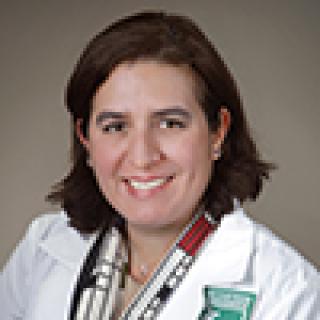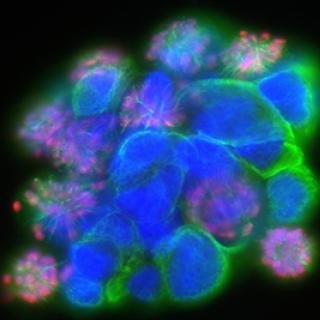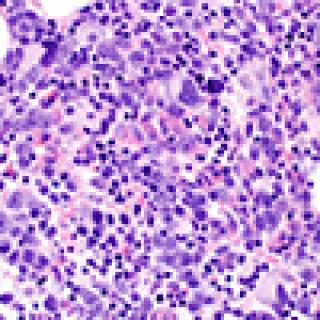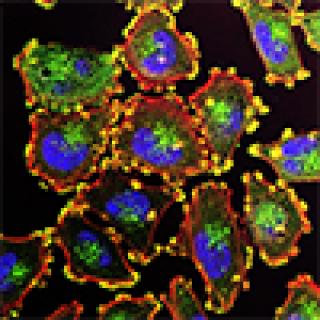News and Events
Celebrating CCR Careers: Alan Rein, Ph.D.
Alan Rein, Ph.D., is a known expert in the field of viral assembly, particularly in retroviruses like the human immunodeficiency virus (HIV). After an extensive career studying molecular mechanisms of retroviral replication and pathogenesis, he has announced his retirement.
Read MoreNew study delivers chemotherapy to the liver for metastatic colorectal cancer patients
In some patients, colorectal cancer spreads only to the liver. Patients with previously treated colorectal cancer that has spread only to the liver may be eligible to participate in a new clinical trial at the NIH Clinical Center.
Read MoreCCR staff receive funding from the Department of Defense
Congratulations to the CCR staff who have received funding from the Department of Defense (DoD) Congressionally Directed Medical Research Program (CDMRP). The CDMRP office manages medical research programs in breast, prostate and ovarian cancers, neurofibromatosis, military health and other specified areas.
Read MoreStephanie Goff featured in an episode of The Doctors
Stephanie Goff, M.D., Associate Research Physician in CCR’s Surgery Branch, was recently featured on The Doctors. In the clip, she discusses how harnessing the body’s own immune system and adoptive cell transfer (ACT) can treat certain types of cancer.
Read MoreNew clinical trial will determine if gliomas respond to immunotherapy
Gliomas make up about 80 percent of all malignant brain tumors. A new clinical trial at the Center for Cancer Research is investigating if the immunotherapy drug nivolumab is beneficial to patients with gliomas.
Read MoreHarnessing T-cell “stemness” could enhance cancer immunotherapy
A new study led by Nicholas Restifo, M.D., Senior Investigator in CCR’s Surgery Branch, sheds light on one way tumors may continue to grow despite the presence of cancer-killing immune cells. The findings, published March 29, 2019, in Science, suggest a way to enhance the effectiveness of immunotherapies for cancer treatment.
Read MoreTrial results show that younger lymphoma patients respond well to ibrutinib
A recent clinical trial using the drug ibrutinib reveals that patients under age 60 with diffuse large B-cell lymphoma are much more likely to tolerate the drug – and respond to it – compared to those age 60 and older.
Read MoreLouis Staudt elected as a fellow of the AACR Academy
Louis Staudt, M.D., Ph.D., Co-Chief of the Lymphoid Malignancies Branch, was elected to the 2019 class of fellows of the American Association for Cancer Research (AACR) Academy. The mission of the AACR Academy is to recognize and honor distinguished scientists whose major scientific contributions have propelled significant innovation and progress against cancer, and to leverage the expertise of the global brain trust of fellows of the AACR Academy to advance the mission of the AACR to prevent and cure all cancers through research, education, communication and collaboration.
Read MoreNew clinical trial recruits the immune system to attack chronic lymphocytic leukemia
Chronic lymphocytic leukemia (CLL) is cancer that develops in blood-forming cells in the bone marrow. A new clinical trial is testing a way to boost the body’s natural immune cells and recruit them to attack and kill marked leukemia cells.
Read MoreCCR researchers discover how protein translation disruptions can lead to cancer
A mutation in the gene U2AF1, which codes for a protein involved in cutting out key pieces of RNA, can also have widespread effects on the translation of messenger RNA into proteins. A close look at one affected protein, interleukin 8 (IL8), revealed increased production as a result of the mutation, leading to inflammation and cancer spread.
Read MoreDrug found effective in mice for uveal melanoma
Drugs that directly target the transcription factor YAP, which is associated with the growth of uveal melanoma, are too toxic to be used in patients. A new study in mice, however, finds a new, safe and effective way for targeting the YAP pathway.
Read More









